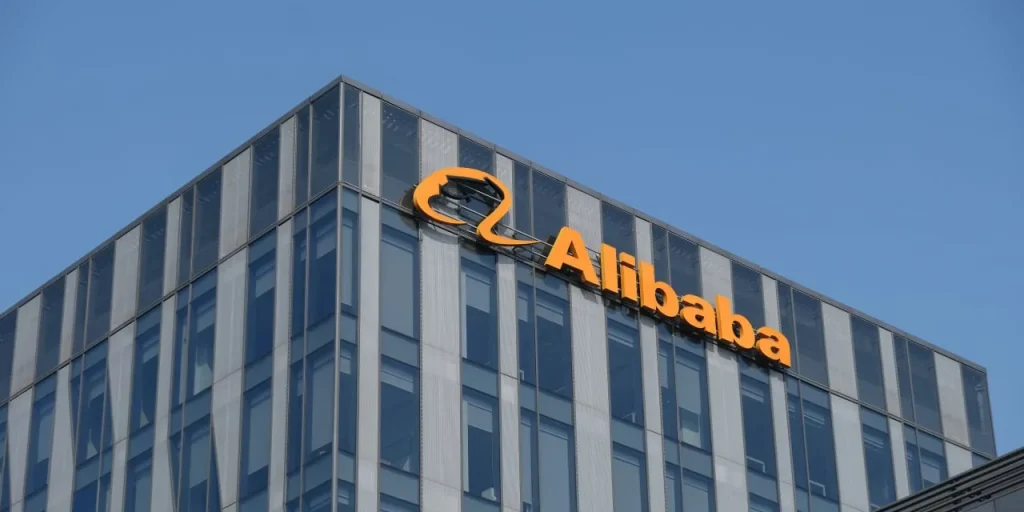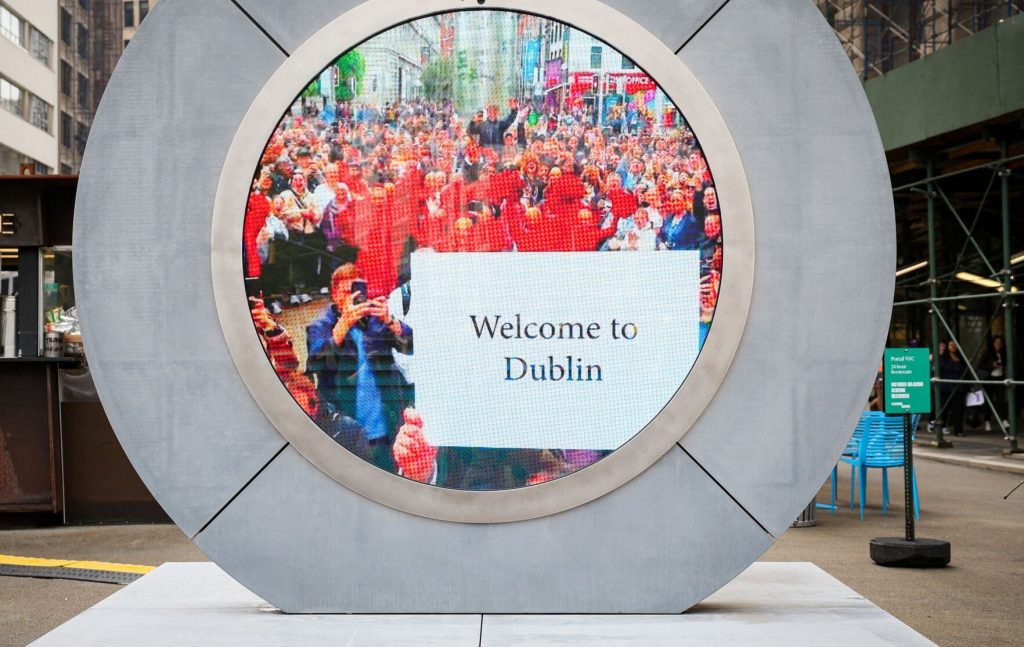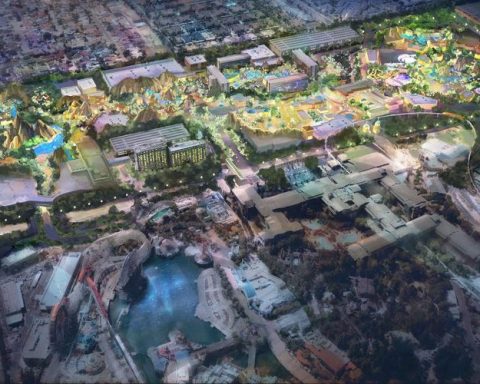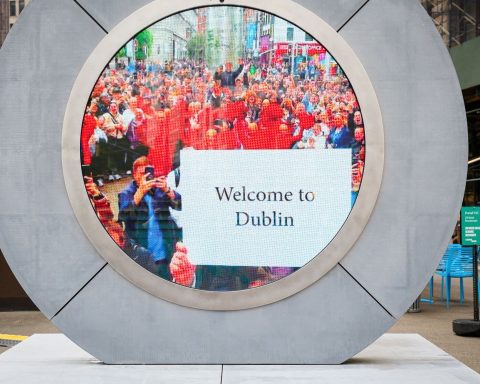
This strategic visit aimed to draw attention to the new Microsoft facility, which is set to generate significant employment opportunities, including 2,300 union construction jobs and 2,000 permanent positions over time. This initiative is part of a broader commitment by Microsoft to train around 100,000 workers in generative AI across Wisconsin by 2030. Collaborations with local organizations like United Way Wisconsin and educational institutions such as the University of Wisconsin-Milwaukee will play a crucial role in this extensive training program.
In a poignant reflection on past promises, Biden pointed out the stark differences between the outcomes of the Trump-endorsed Foxconn project and his administration’s efforts to foster substantial and sustainable job growth. The Foxconn project, announced in 2017 with a promise to bring 13,000 jobs to Wisconsin, fell dramatically short of its goals. Although Foxconn maintains a presence in the state with about 1,000 employees, it is a far cry from the initial projections.
Foxconn, however, defended its contribution to the state’s economy, highlighting its investments and claiming significant employment growth at its Racine County site since 2020. Despite these assertions, the contrast with Microsoft’s plans, which include AI integration and substantial job creation, underscores a shift towards more reliable and forward-thinking technological investments under the Biden administration.
During his visit, Biden also took the opportunity to showcase his administration’s achievements in fostering technological innovation and infrastructure improvements. This includes significant federal funding from legislation such as the Bipartisan Infrastructure Law and the Chips Act, which supports semiconductor manufacturing—a critical industry for modern technology.
The White House released a fact sheet ahead of Biden’s visit, noting that since taking office in 2021, Wisconsin has seen the creation of 177,000 jobs, with 4,000 specifically in Racine. Furthermore, the administration’s focus on artificial intelligence was emphasized last year when Biden signed an executive order on AI, aiming to provide entrepreneurs with the resources needed to commercialize AI breakthroughs and expand research grants in critical sectors like healthcare and climate change.
Moreover, in response to the growing influence and potential risks of AI, Biden has called on Congress to enact regulations to safeguard against the dangers of unchecked AI development, including deceptive AI voice impersonations.
As Wisconsin benefits from a wave of funding for futuristic industries, with $6.9 billion allocated from Biden’s “Investing in America” agenda for infrastructure and clean energy, this visit by the President not only marks a significant development in the state’s technological landscape but also serves as a critical commentary on fulfilling governmental promises and the tangible impacts of leadership decisions on local economies.







